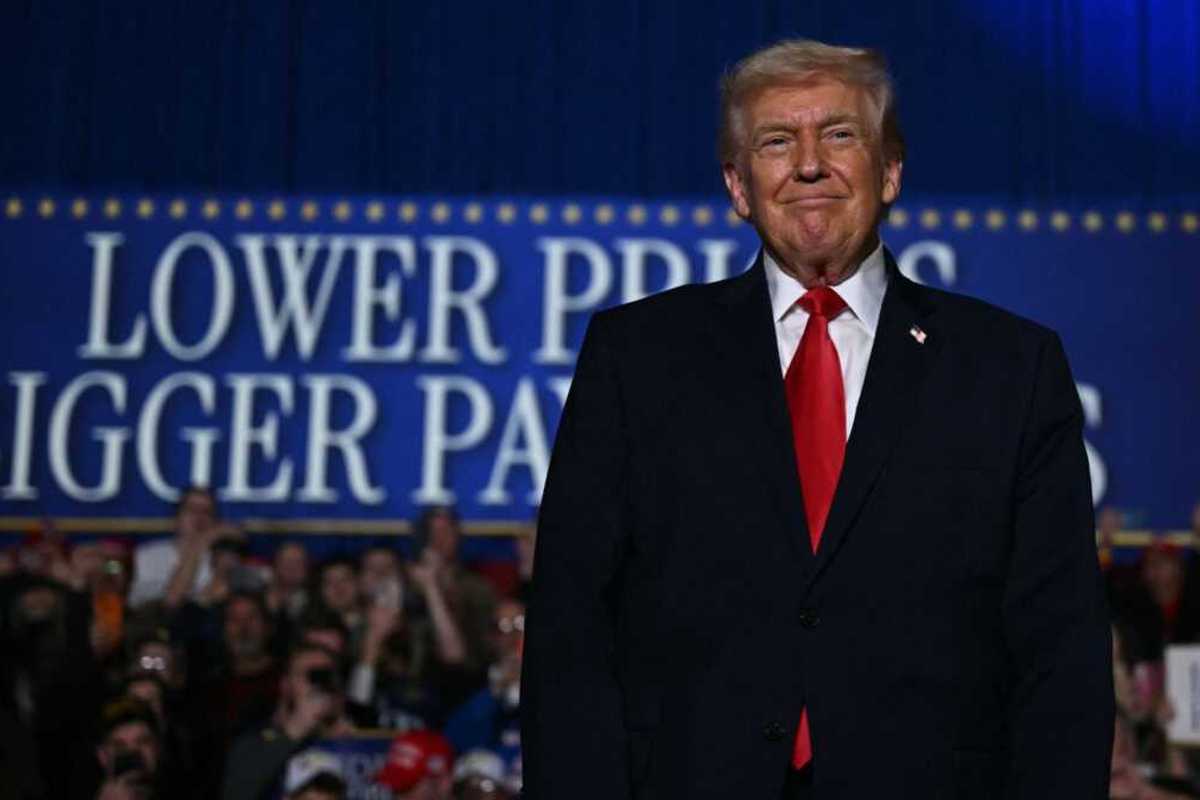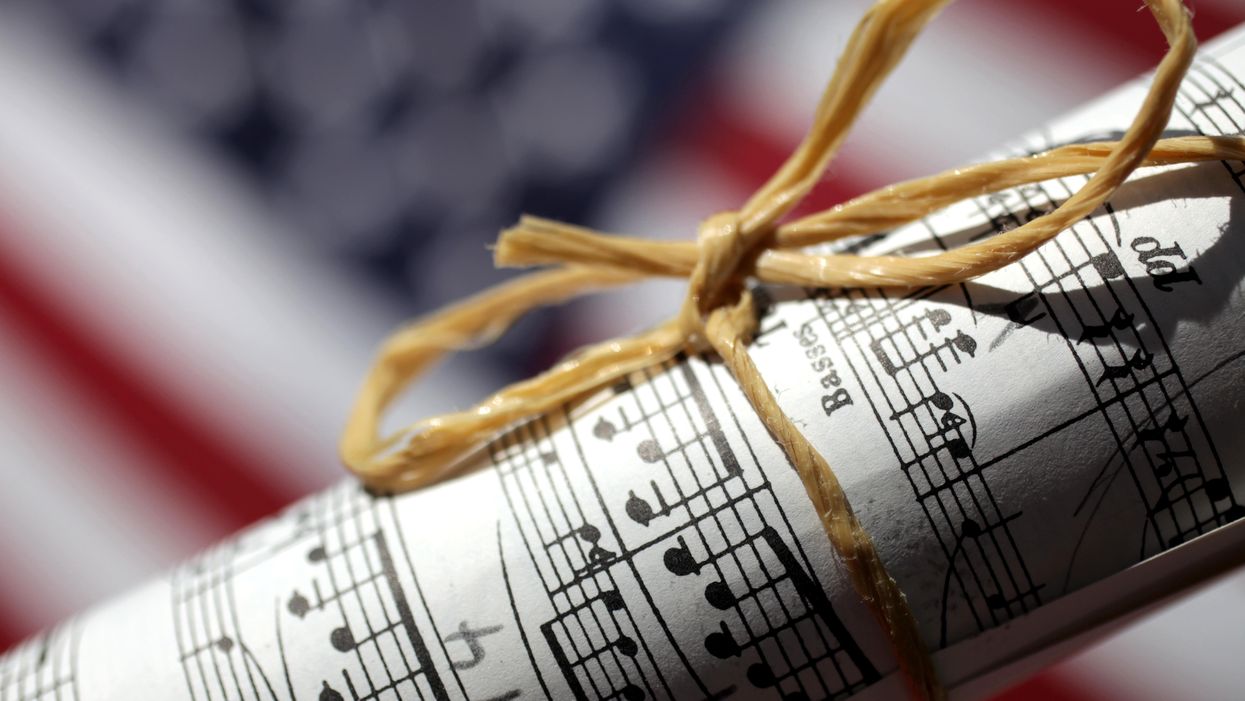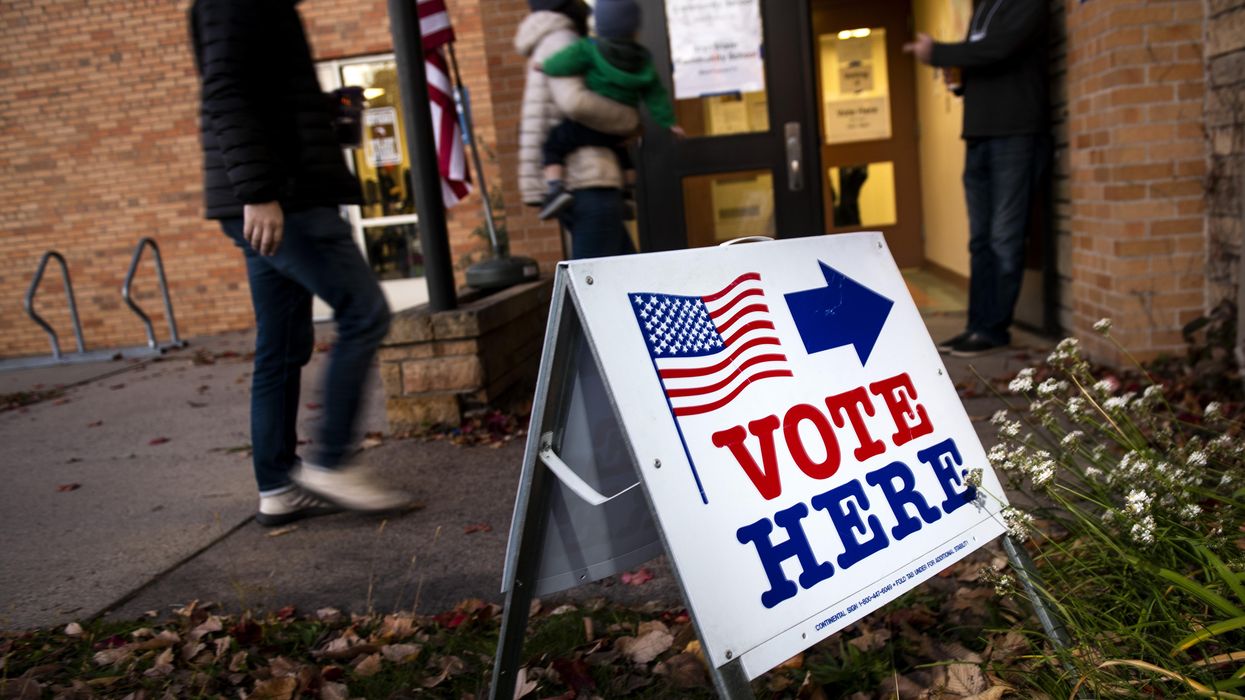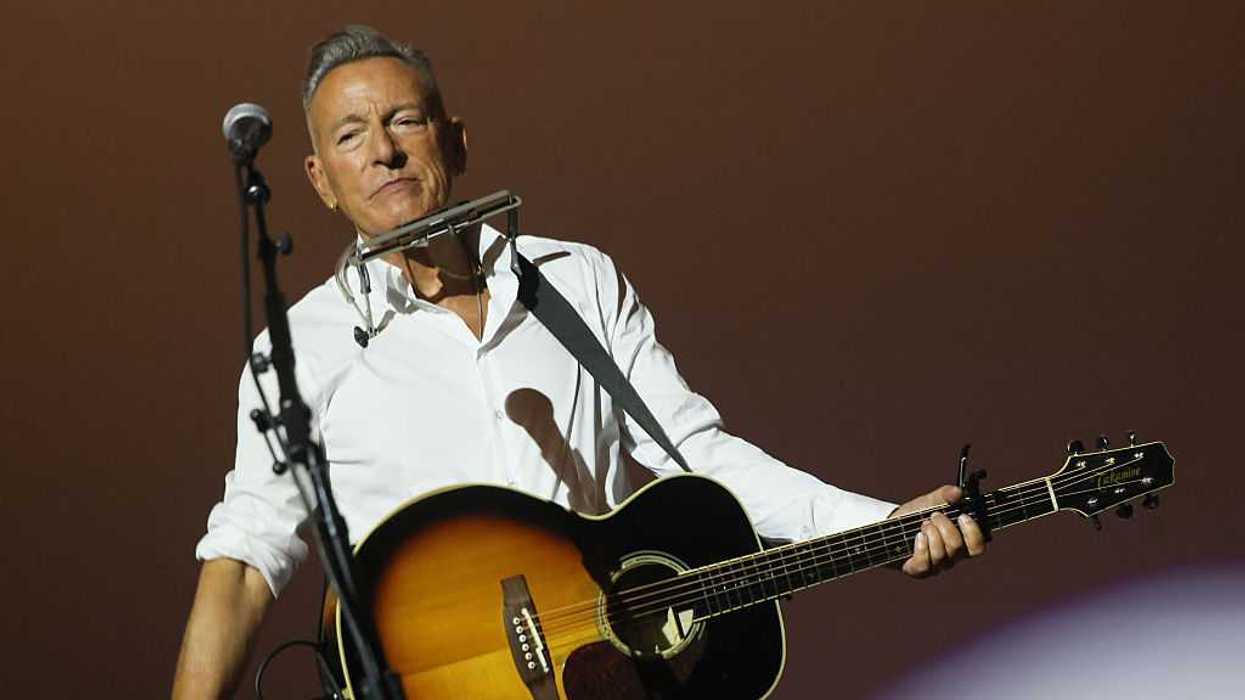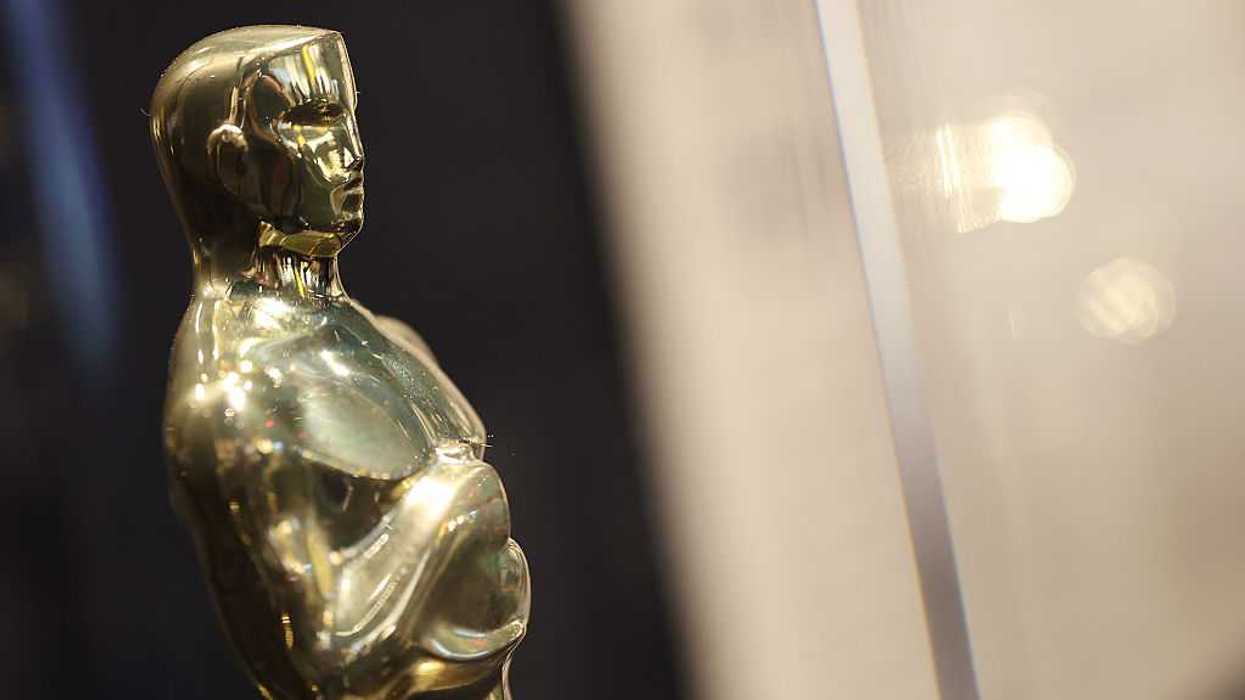Molineaux is president/CEO of the Bridge Alliance Education Fund, and Nevins is its co-founder and board chairman. They are co-publishers of The Fulcrum.
In May 2021, when we took over as publishers of The Fulcrum, we were thrilled to have the opportunity to build upon the successes of the first two years. We told you then that The Fulcrum has the potential to serve an important role in acknowledging our differences as a nation in order to strengthen the bonds among us.
Our four-month journey has taught us much.
We are proud of our accomplishments. The 150,000-plus page views per month and 150-plus stories from The Fulcrum that have been re-published by other newspapers and journals across the country are indicators of expanding interest in our coverage.
But we are committed to do more and we are proud to announce a relaunch of The (New) Fulcrum that will further increase our coverage.
The American Academy of Arts and Sciences, in a recent report called "Our Common Purpose," spoke of "healthy civic culture of participation and responsibility ... which is a combination of the values, norms and narratives that keep our political institutions responsive and inclusive."
The (New) Fulcrum is committed to continuing coverage of news, politics, policy and public affairs. But we are adding new coverage of culture to deepen understanding of our differences and similarities and discover our shared interests and common destinies.
The cultural references we will focus on will include all of the creative arts — music of all types, poetry, dance, literature, painting and drawing, comedy, drama. We will also include aspects of sports: the wonder of athletes' physical prowess, cooperative potential and competitive instincts. We will appeal to the human spirit — spirit that expresses the joys, sorrows and harmonies of the heart and soul.
Indeed, culture is the quintessence of humanity's expressive hope; the realm of endeavor in which our senses — sight, sound, smell, touch and feeling — are shared in family, community and country.
In our increasingly complex world of trauma and travail, where we must care about the health of our democracy and strive relentlessly to strengthen our representative republic, we call upon the products and services of our artists and athletes to remind us of our heritages and traditions, our cooperative and competitive selves.
Accordingly, The (New) Fulcrum will be committed to honoring and celebrating culture as a bridge to the latest news and analysis of politics, policy and the birth of a new civic and political voice to build greater social cohesion, civic engagement and problem-solving.
We invite you to discover and share with us cultural references and products that inspire our better angels that we can disseminate as part of our continuing coverage of the problems and solutions of our times.
As an example please take two minutes and listen to the song "Democracy" from the Broadway musical "Soft Power," and you'll understand our intent.
"Democracy (Reprise)" from SOFT POWER | The Public Theaterwww.youtube.com
As you listen to the song we hope you will agree that art has power to break down boundaries and overcome distances between people.
We invite you to subscribe to our daily email, share our content widely and join us on our journey as we fulfill our mission of being a place where insiders and outsiders to politics are informed, meet, talk and act to repair our democracy and make it live and work in our everyday lives.




